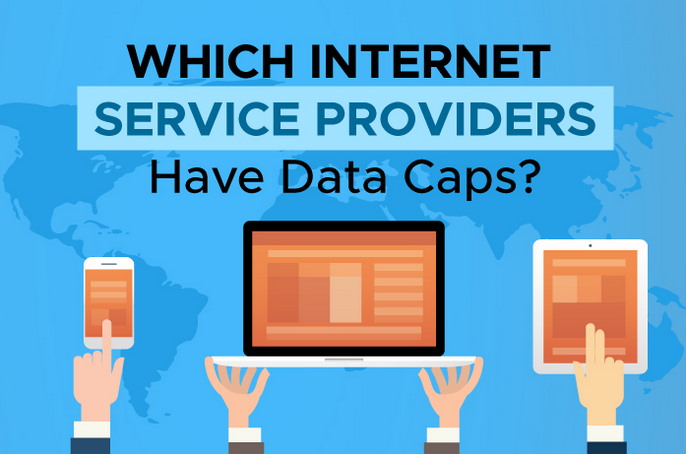
How do satellite internet and DSL differ?
Now more than ever, internet connectivity has proven its importance. It allows businesses to operate more efficiently, breaking the limitations of geography and time zones. The good thing is that as much as the internet is a necessity, its availability has greatly increased too.
There are now several ways to acquire internet access for your business, including a satellite dish or DSL connectivity. What are the main differences, and what is the better choice?
Satellite Internet
Physical Satellite Dish: As its name suggests, this internet connectivity uses a physical satellite dish pointed at the sky. It exchanges signals with a satellite in space. This feature is included in most internet providers' standard offers and requires a professional to install in your office.
Available Anywhere: Since satellite internet uses signals, it is available almost everywhere as long as the dish can access the sky and a satellite orbiting the Earth.
Satellite Internet Speed: When it comes to speed, satellite internet wins over DSL, but only in specific locations. This is because there are areas where DSL's physical wired lines are not installed yet, or the lines are too far from the access point.
Data Caps: One of the main drawbacks of satellite internet is data caps. After a specific limit, usually up to 150GB, the data cap's effect varies from totally losing an internet connection to slower or limited access.
DSL Internet
Hard Wired Connectivity: A DSL internet connection works with physical wires from your landline, without affecting phone calls. To further improve an internet connection's performance, some providers use fiber-optic cables to increase speed and bandwidth capacity.
Availability: DSL connectivity is available in most locations as too, although, in rural areas, the connection might be more limited. For more urbanized areas, however, DSL is almost the standard for internet connection.
DSL Internet Speed: When it comes to internet performance and speed, a DSL connection often wins over satellite. DSL can also handle higher internet consumption, making it great for businesses that heavily use the internet on its day-to-day operations.
Data Caps: DSL internet has a significantly higher data limit than satellite connectivity, sometimes up to 1,000GB. Though since it can handle increased data, there is also a risk of using it all up right away. Be mindful of this when performing high-bandwidth online activities such as streaming videos in HD.
Satellite or DSL: Which is better?
Generally, DSL internet comes highly recommended over satellite internet. However, there are specific locations, especially in rural areas, where satellite internet is only available.
If your business runs heavily online - from internal to external operations, it might be worth considering going for a DSL connection.
When it comes to reliability and connection stability, both DSL and Satellite has its pros and cons. A DSL connection can be affected by damaged physical wires during adverse weather conditions, while trees or mountains can block the satellite signals. This is why it is essential to consider your location when choosing an internet provider.
Regarding price, satellite internet is more expensive than DSL. This is also worth noting, considering that it provides possibly slower internet with unfavorable data limits. Typically, a DSL connection ranges at around $20 per month, while a satellite internet ranges from $50 to $100 per month. There is also an added cost in purchasing or leasing a satellite dish.
| < Prev | Next > |
|---|




